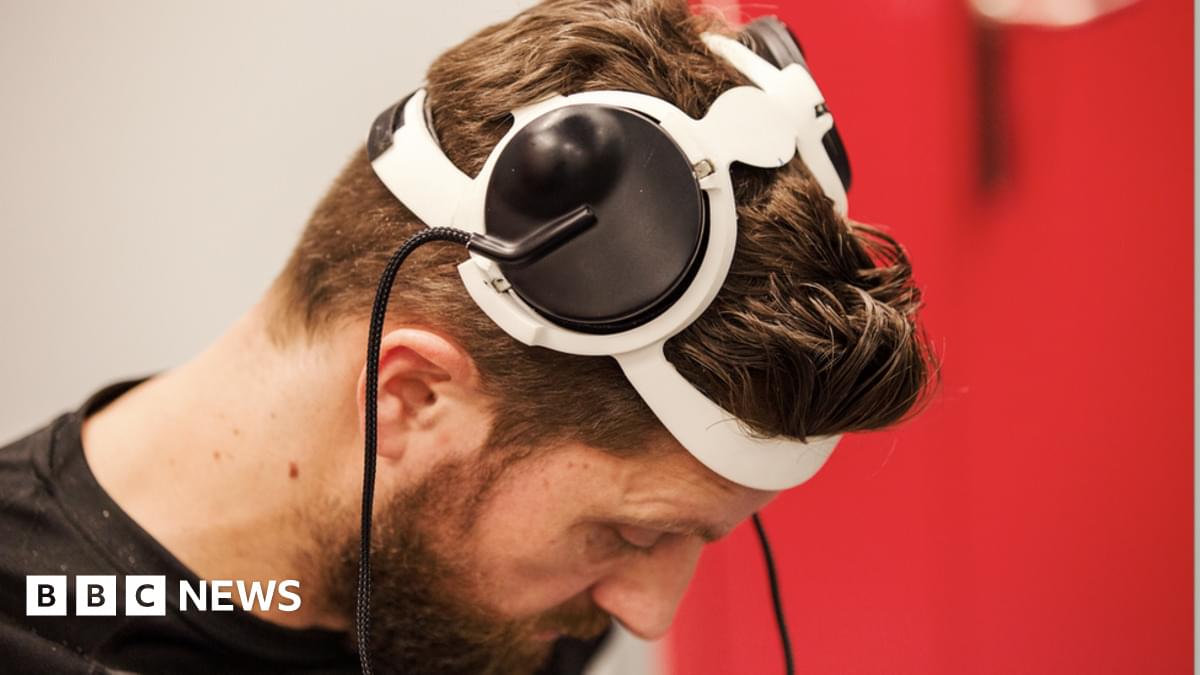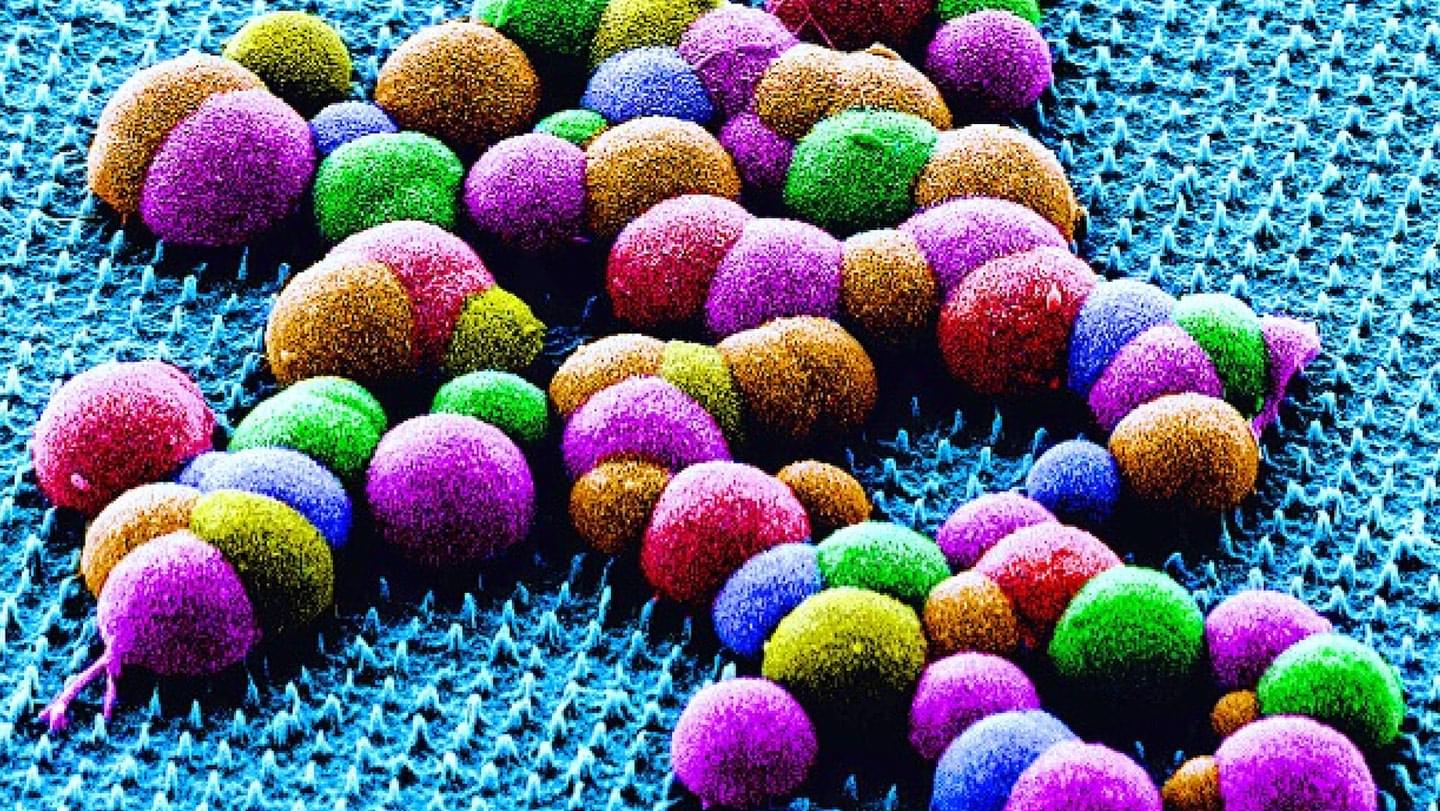BYD, an electric vehicle company, is accused of cooking the books and faking profitability, potentially hiding financial issues such as a liquidity crisis and unprofitable electric vehicle business.
Questions to inspire discussion.
Financial Concerns 🚩 Q: What are the warning signs of BYD’s potential financial trouble? A: BYD is offering massive discounts of 10–30% on already affordable vehicles, with some models selling for as low as $10,000, and allegedly has a 12-month payment delay to suppliers. 💰 Q: How is BYD’s automotive business reportedly staying afloat? A: BYD’s automotive business is allegedly being carried by their highly profitable battery cell supply business, which is not separately reported in their financials, making it difficult to determine the true profitability of their electric vehicle sales.







